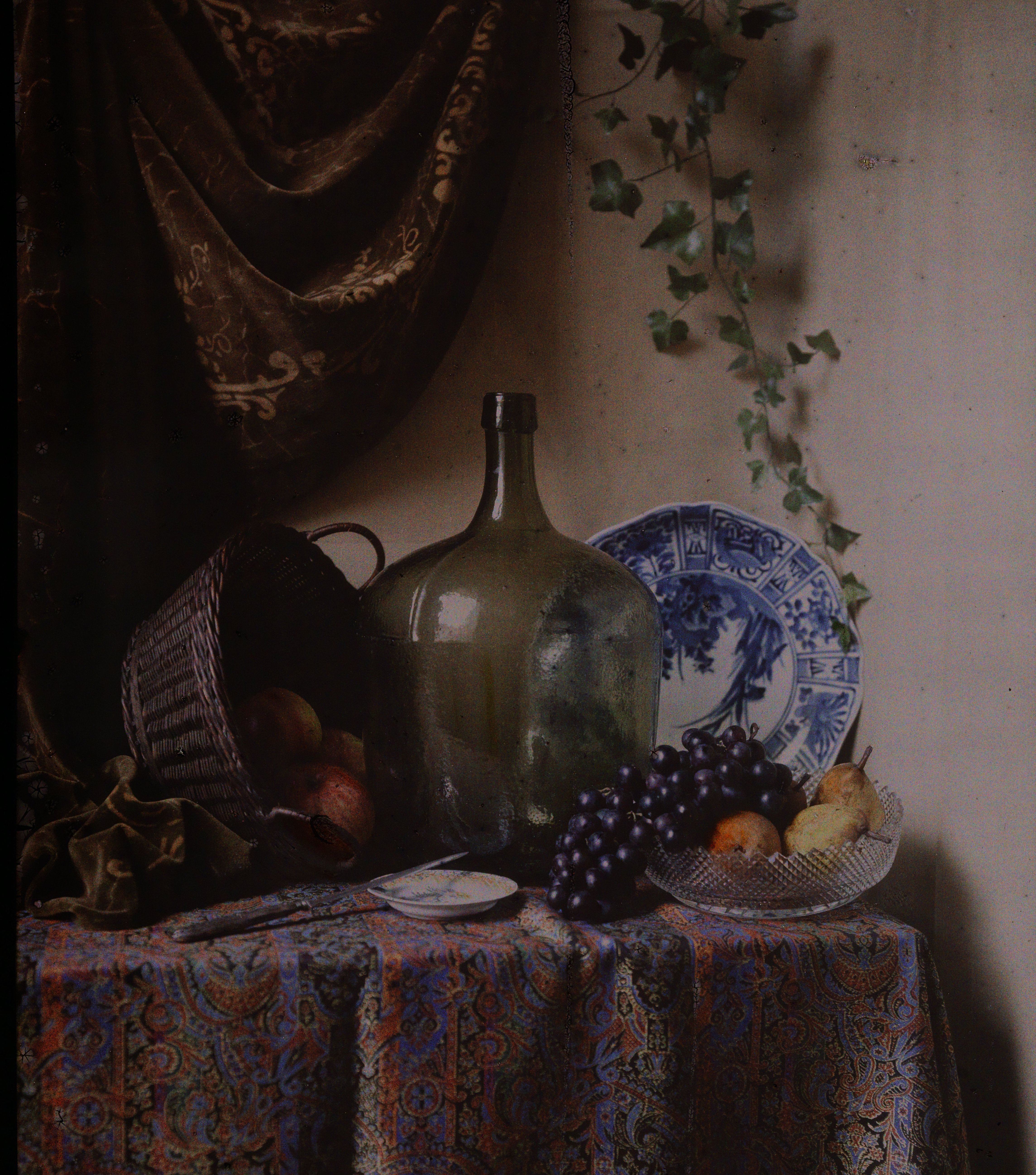
Anonym, Stilleben, ca. 1907–1935, Glasplattenfotografie, 90 x 120 mm, Bild: Rijksmuseum Amsterdam
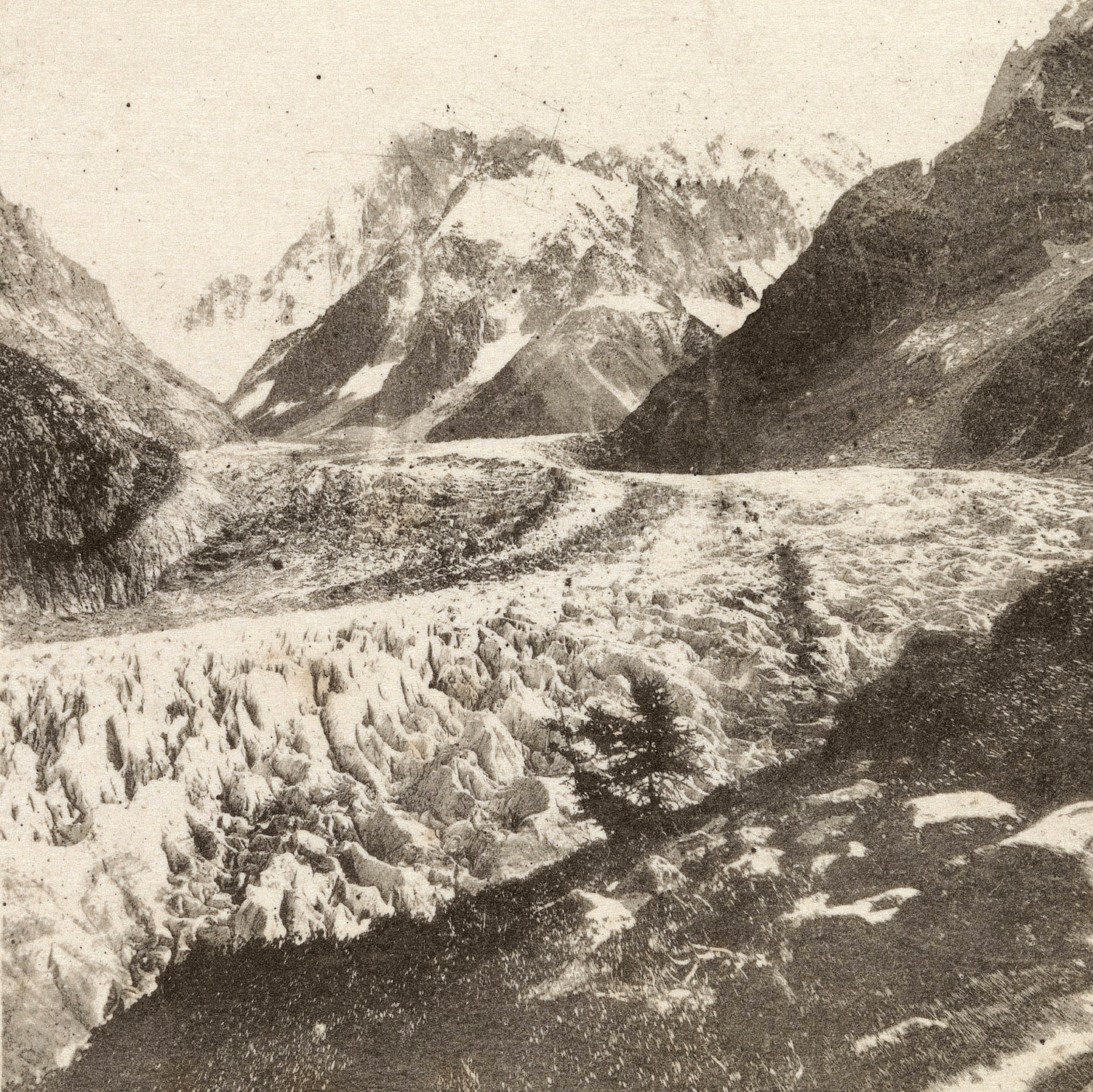
William Henry Fox Talbot, Mer de Glace from Montanvert, 1852, Photogravüre, 6.9 x 6.7 cm, The Metropolitan Museum of Art, New York
Eine der ersten fotografischen Erschliessungen der Alpenregion. Es handelt sich um eine frühe Reproduktionstechnik der Fotografie: Die Photogravüre.
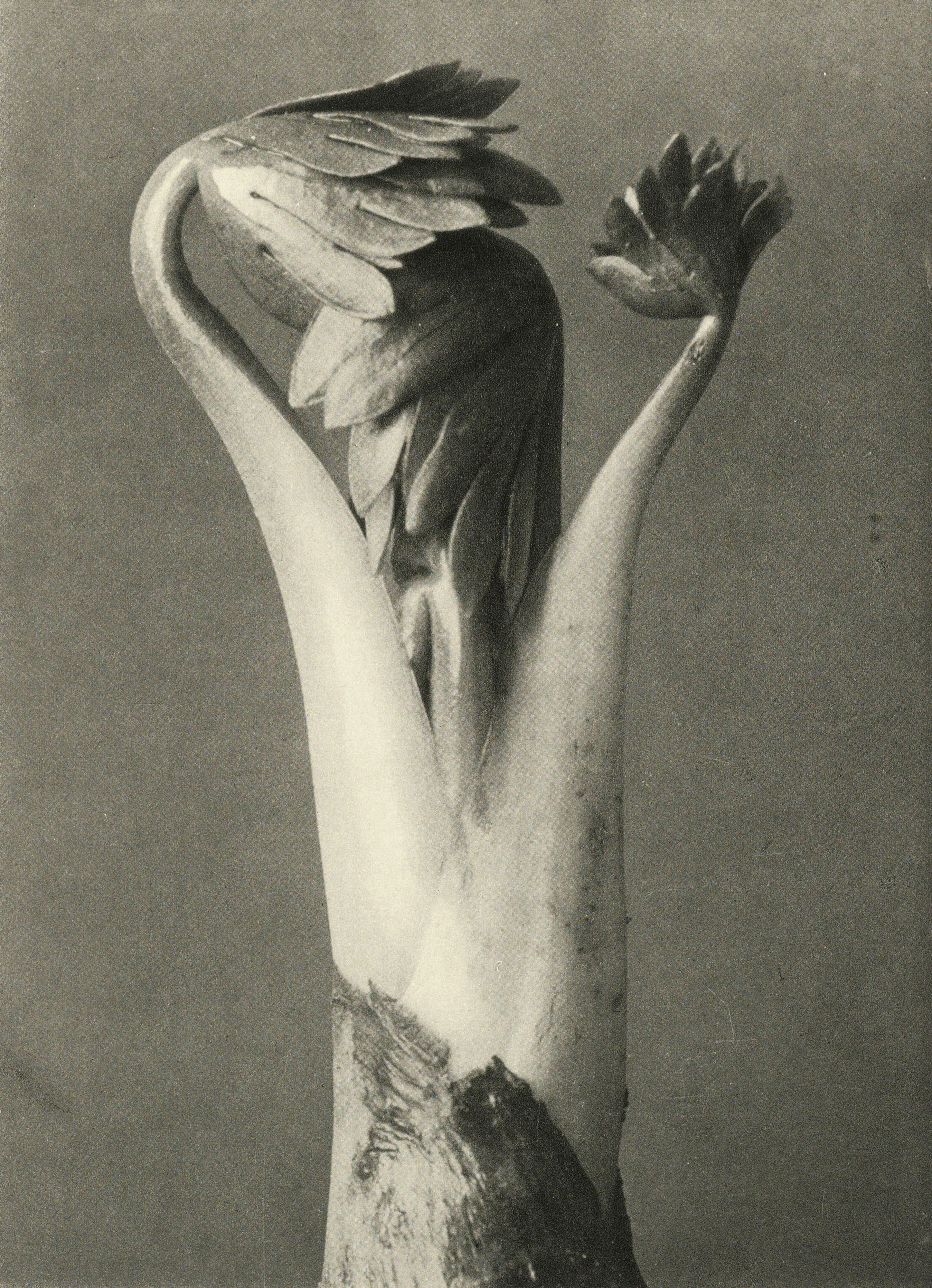
Karl Blossfeldt, Pflanzenstudie, aus dem Buch Urformen der Kunst: photographische Pflanzenbilder, 1928, Bild: Rijksmuseum Amsterdam
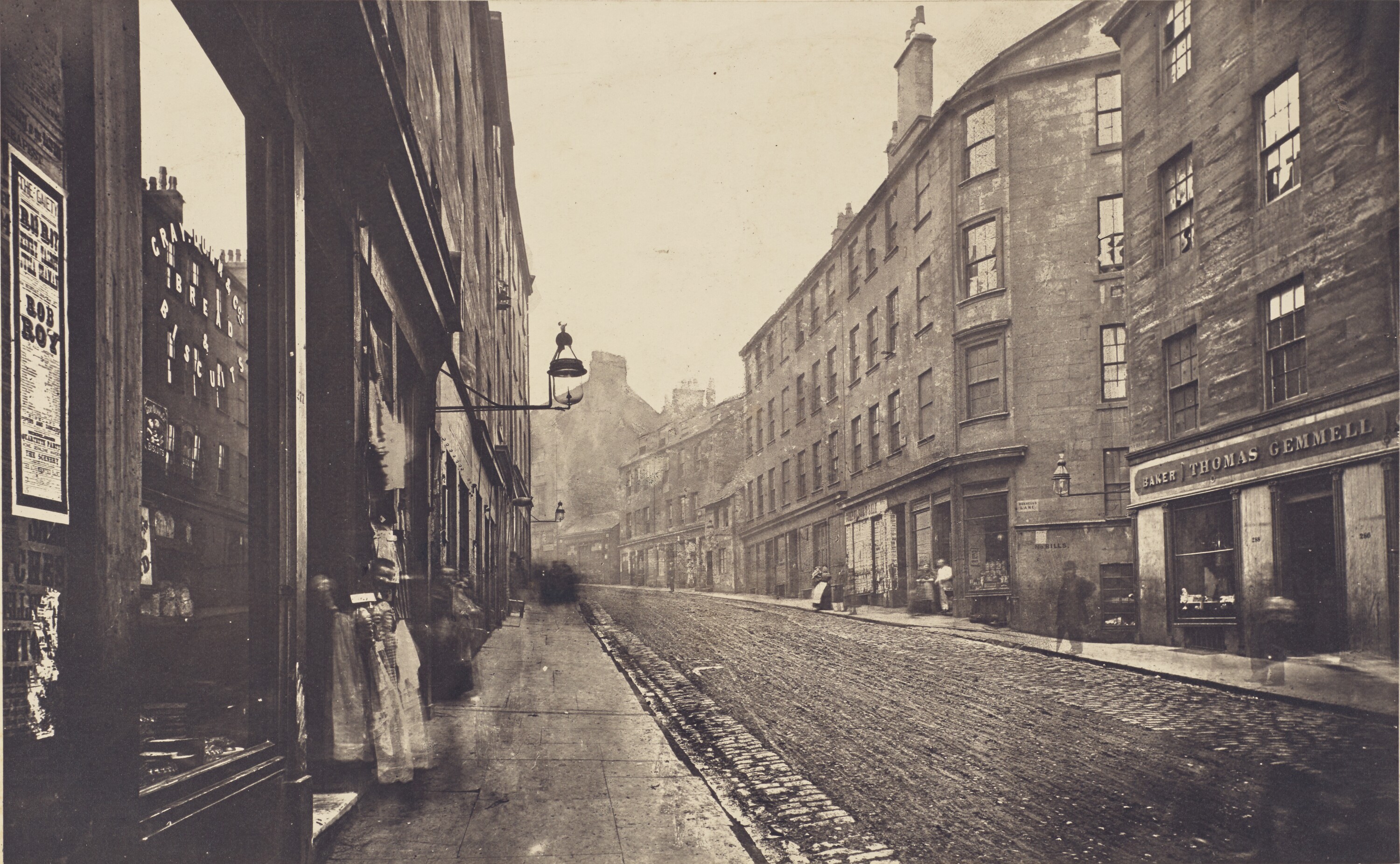
Thomas Annan, Head of High Street, 1868–1877, Kohledruck, 20.2 x 32.7 cm, The J. Paul Getty Museum
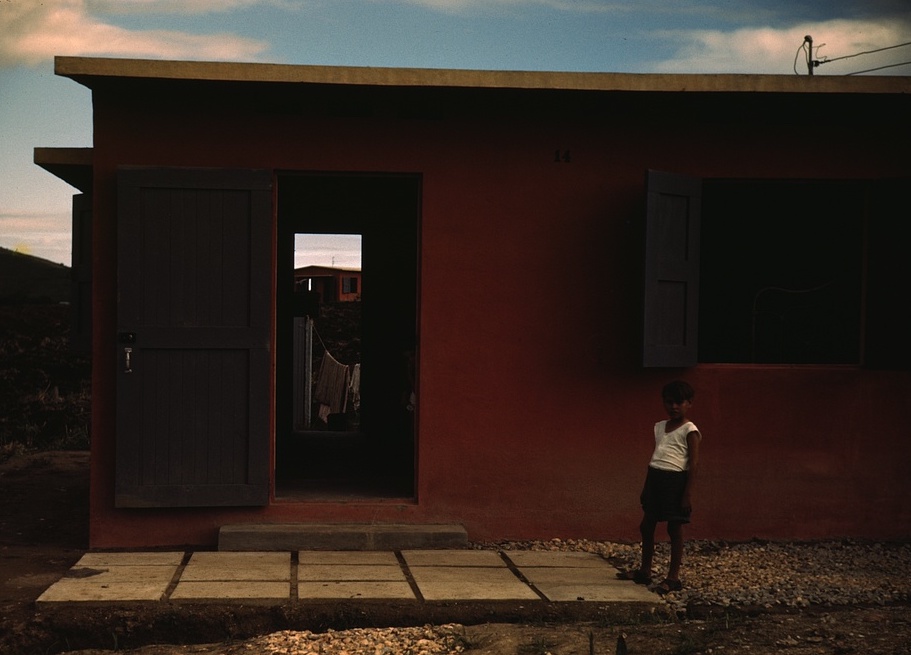
Jack Delano, Kind vor Haus in Puerto Rico, 1941, Farbdia, Library of Congress, Washington, D.C.
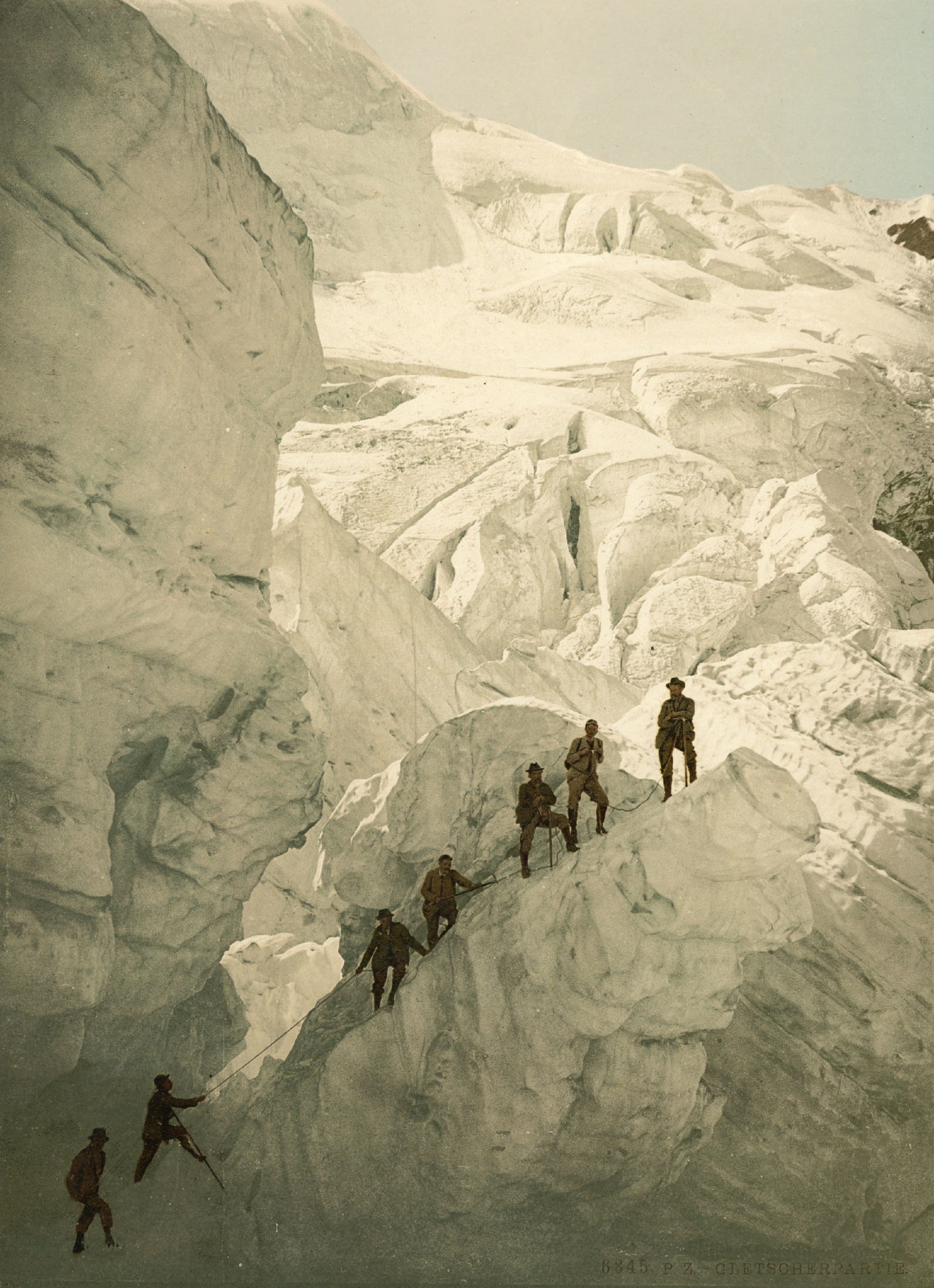
Photoglob, "Gletscherpartie", um 1910, Photochrom, 227 x 166 mm, Sammlung Fotostiftung Schweiz
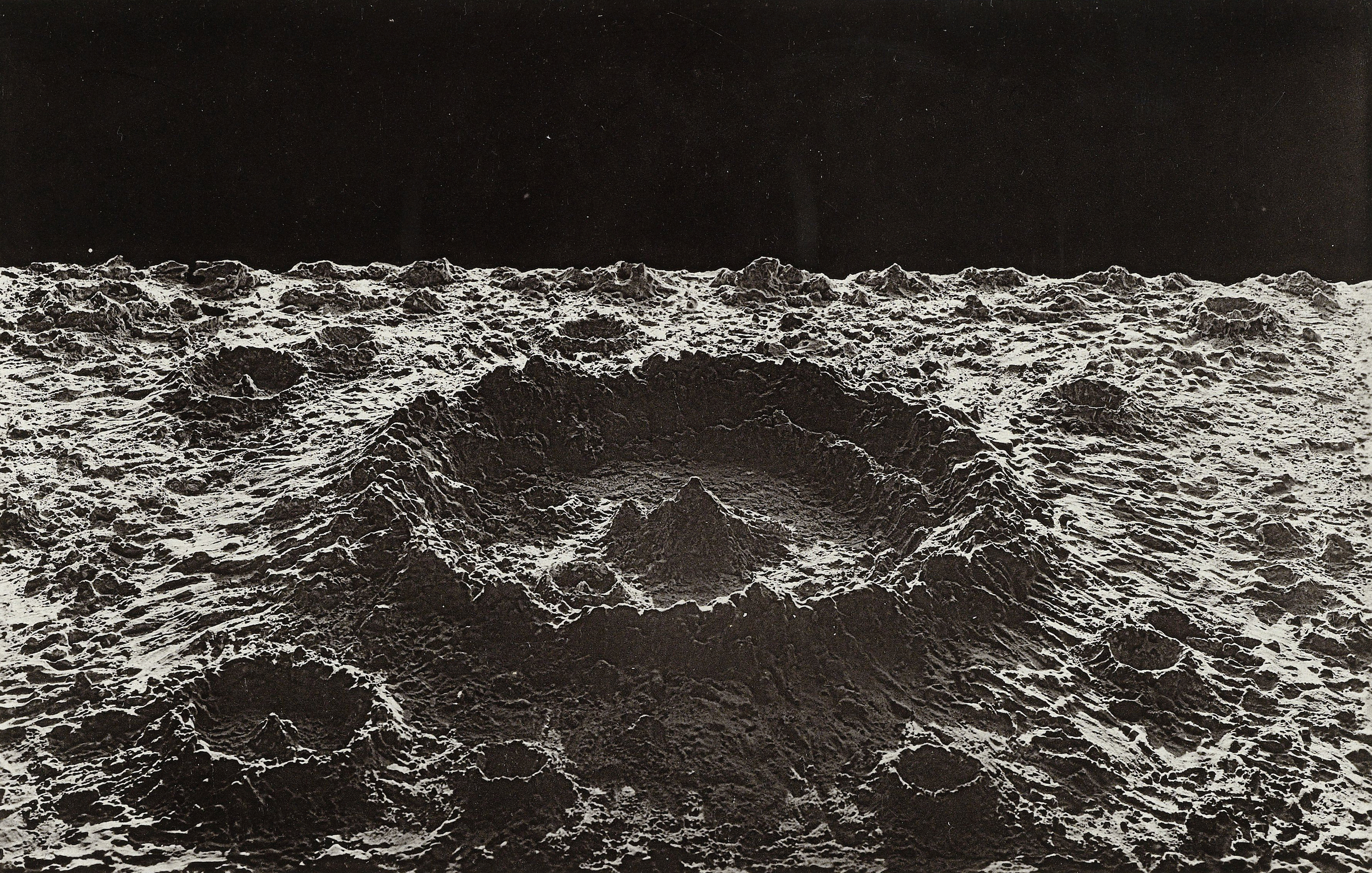
James Nasmyth, Normal Lunar Crater, ca. 1870, Collotypie, 125 x 196 mm, Bild: Rijksmuseum Amsterdam
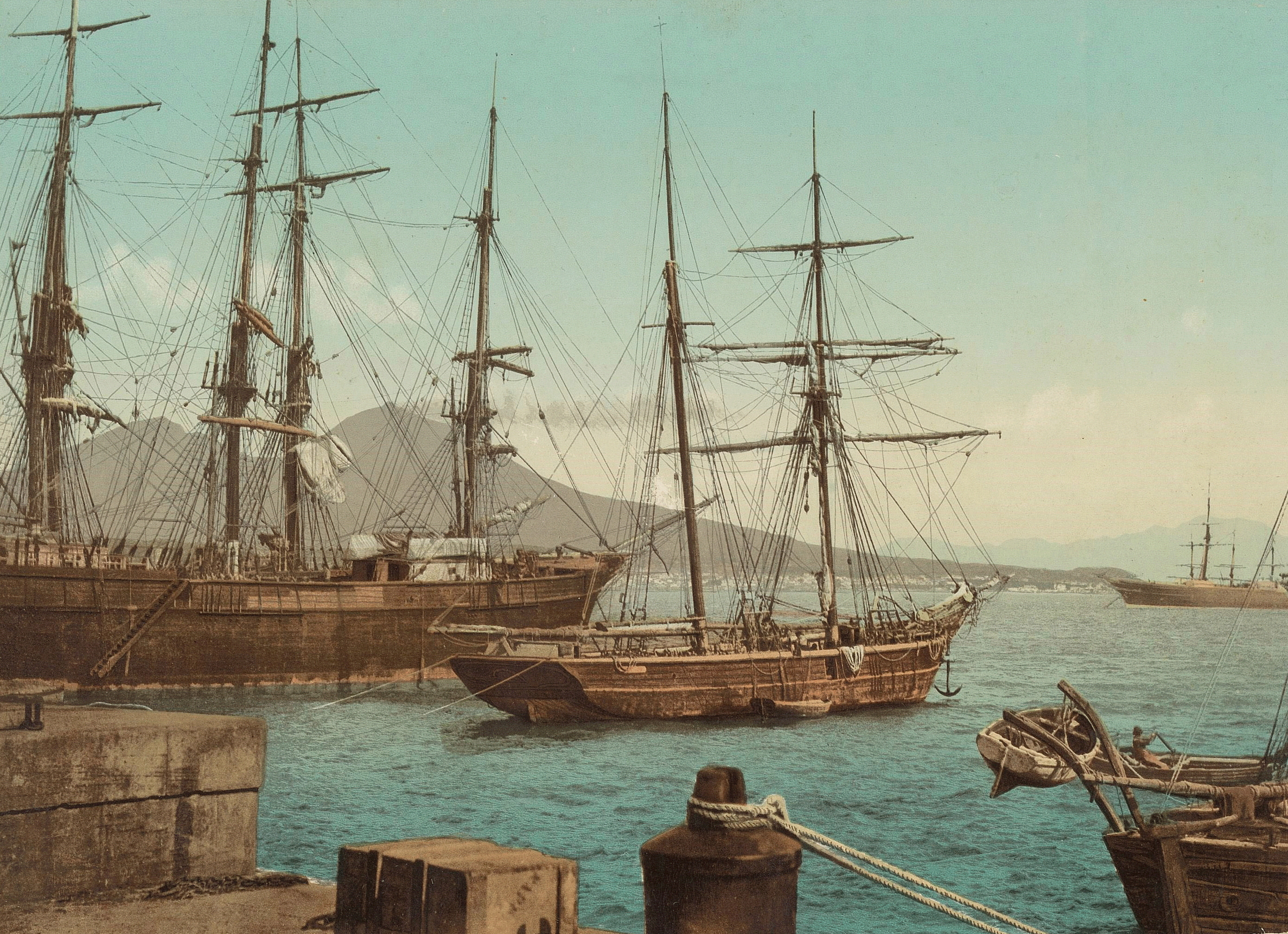
Anonym, Boote im Hafen von Neapel, Italien, zwischen 1880-1900, Photochrom, 159 x 219 mm, Bild: Rijksmuseum Amsterdam
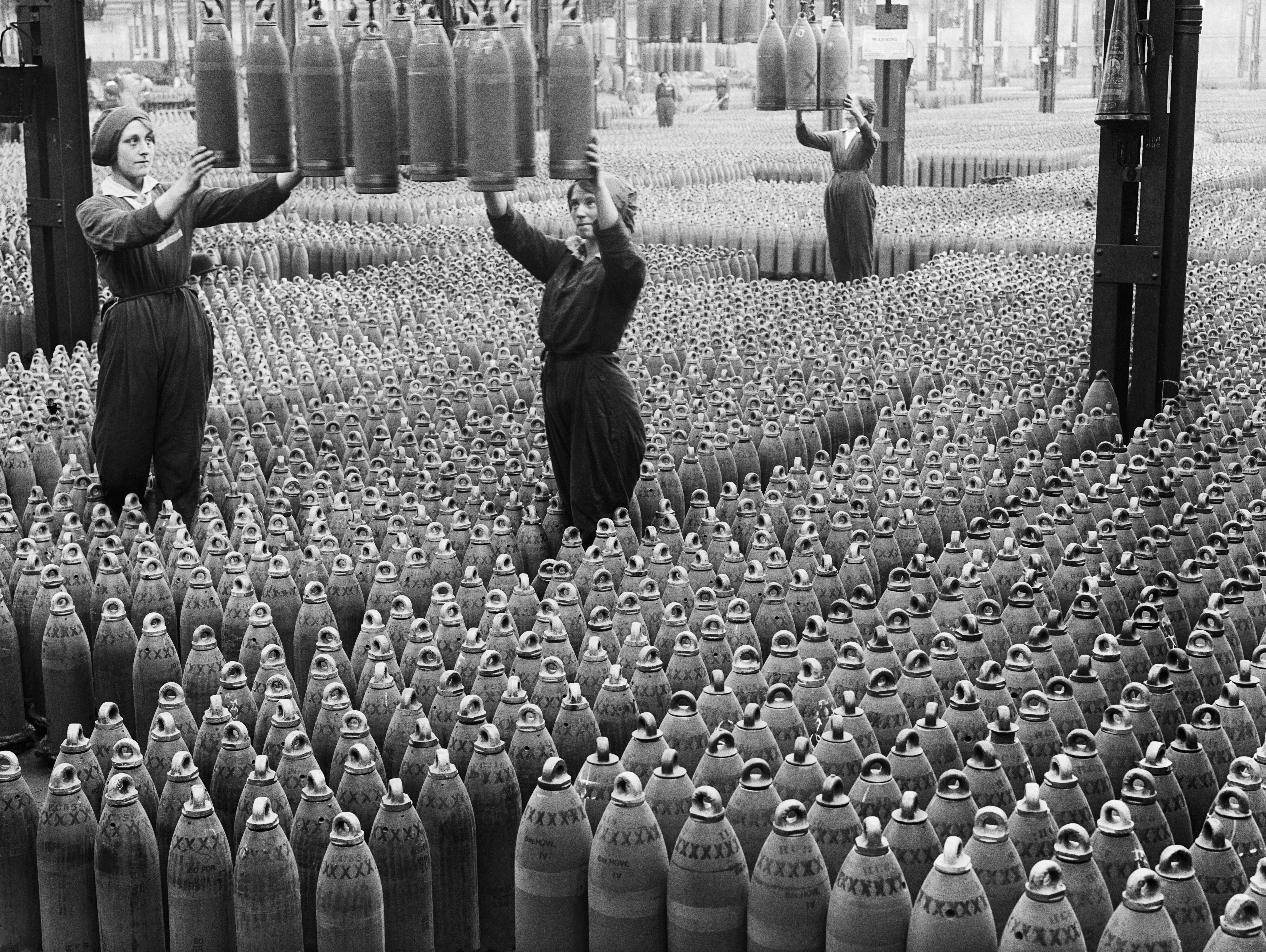
Horace Nicholls, Arbeiterinnen in der Munitionsproduktion in der National Shell Filling Factory in Chilwell, Nottinghamshire, ca. August 1917, Imperial War Museum Photograph Archive Collection
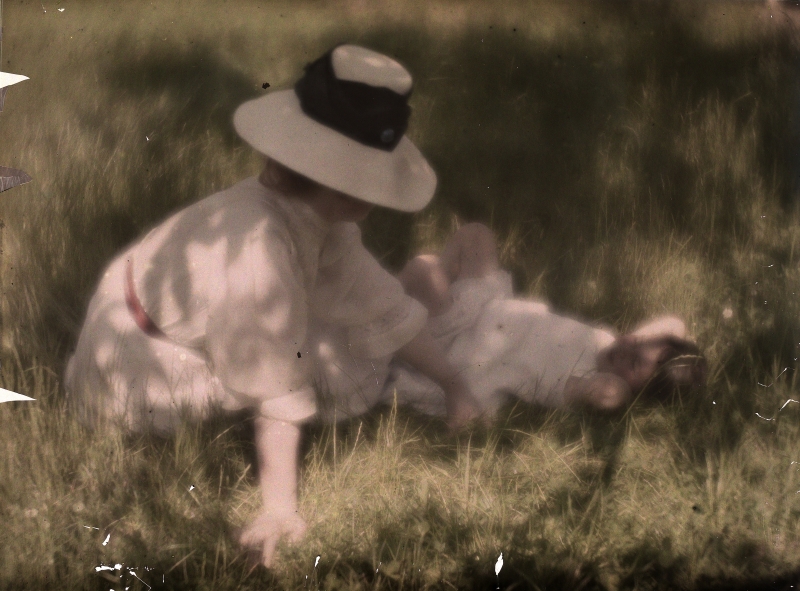
Heinrich Kühn, Lotte und Mary auf der Wiese, um 1908, Autochrome, Österreichische Nationalbibliothek, Wien
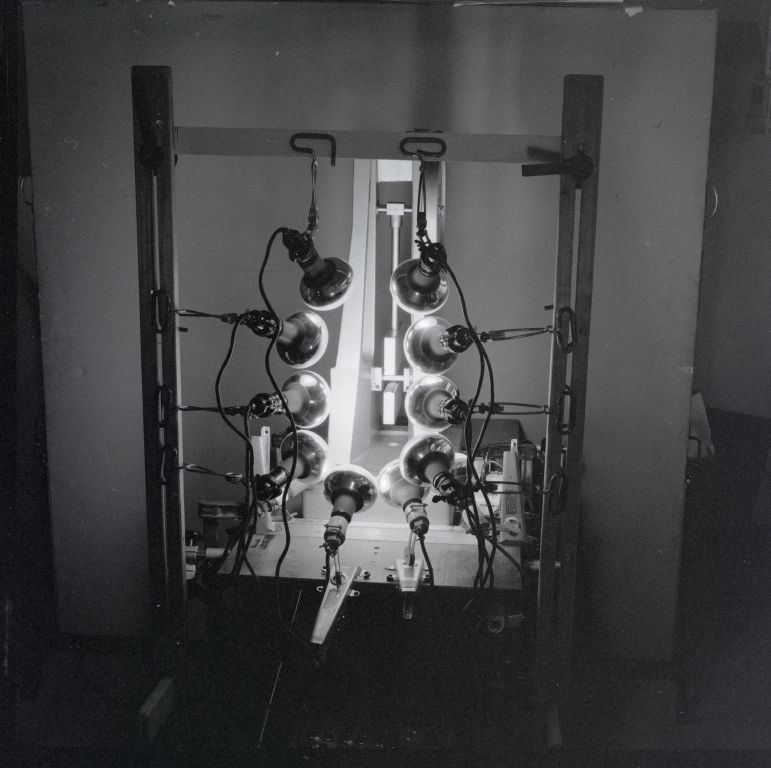
Photographisches Institut der ETH Zürich, Scheinwerferaufbau für Zeitlupenaufnahmen an einer Kerbschlagmaschine, 1974, Negativ, 6 x 6 cm, ETH Bildarchiv
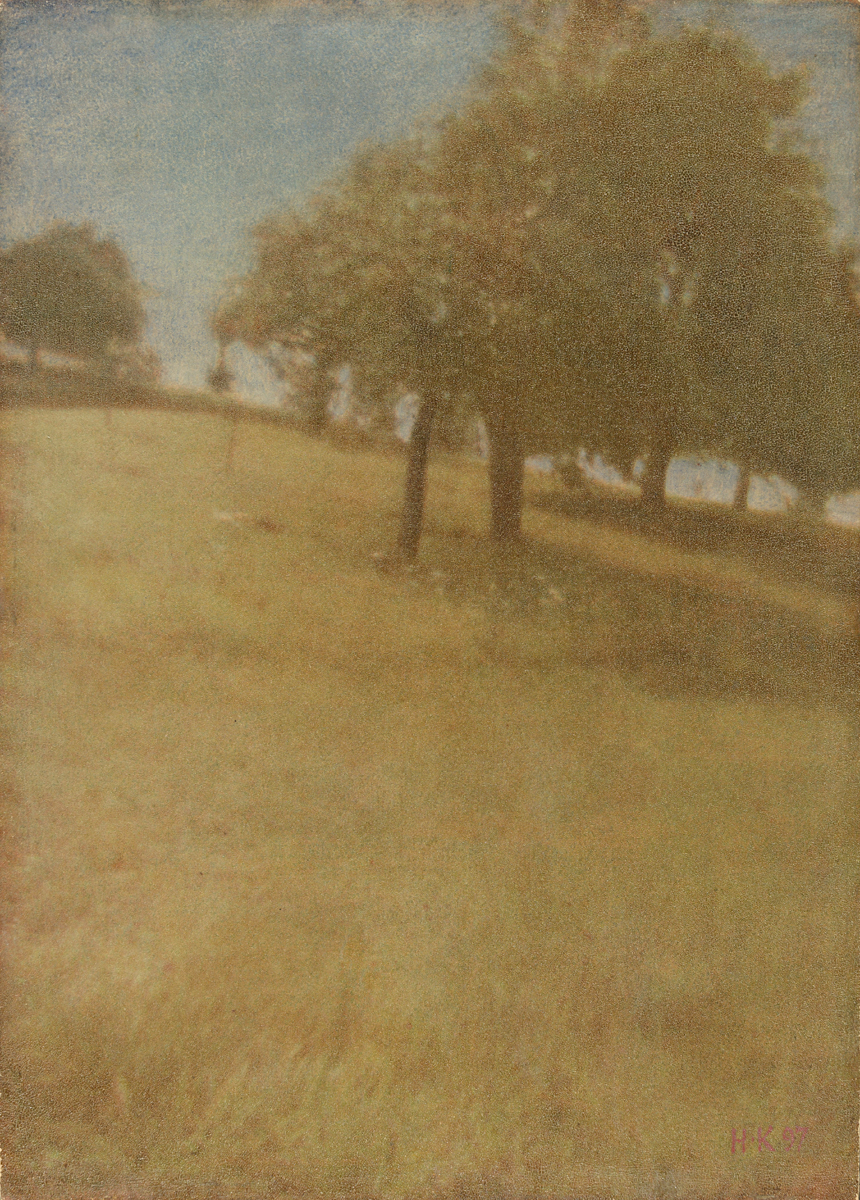
Heinrich Kühn, Landschaft, 1897, Gummidruck, Sammlung Museum Kunst und Gewerbe Hamburg
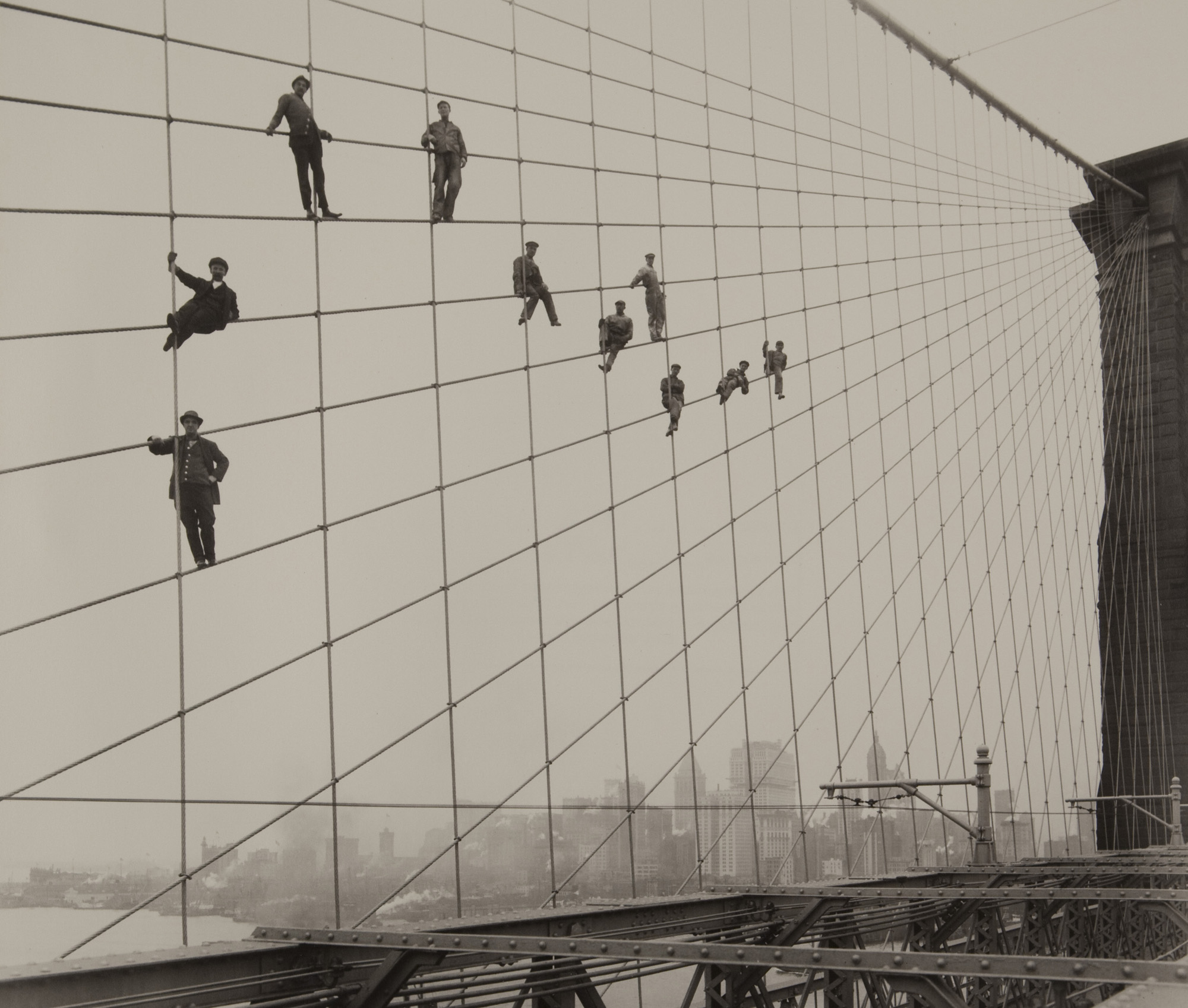
Eugene de Salignac, Painters on the Brooklyn Bridge Suspender Cables, 1914, Silbergelatineabzug, Museum of Photographic Arts, San Diego, CA, Bild: NYC Municipal Archives
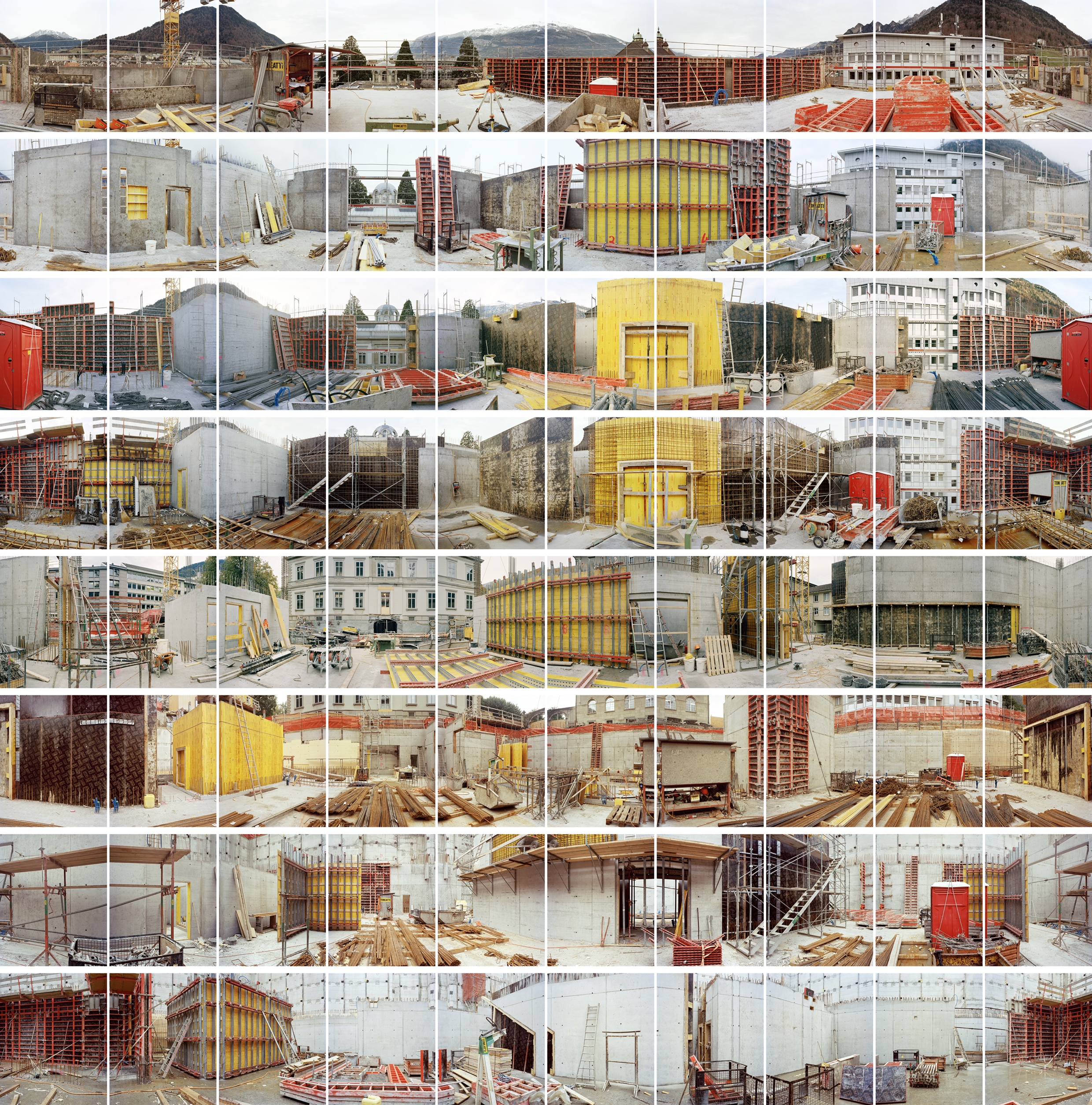
Stephan Schenk, building building, 2014/2015, Diptychon (hier Teil 2), Inkjet-Print, 100 x 98 cm, Auflage 7 + 1 E.A., © Stephan Schenk
Weitere Informationen zu "building building": www.stephanschenk.ch
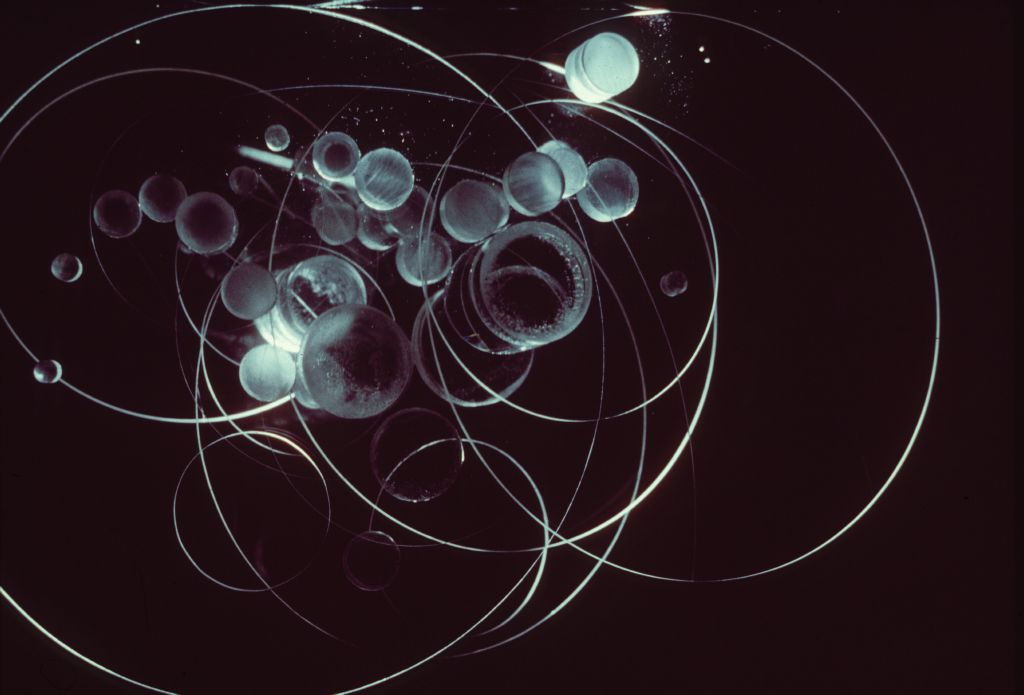
Terry Haas, Plexiglasfiguren, 1974, Diapositiv, 2.4 x 3.6 cm, ETH Bildarchiv
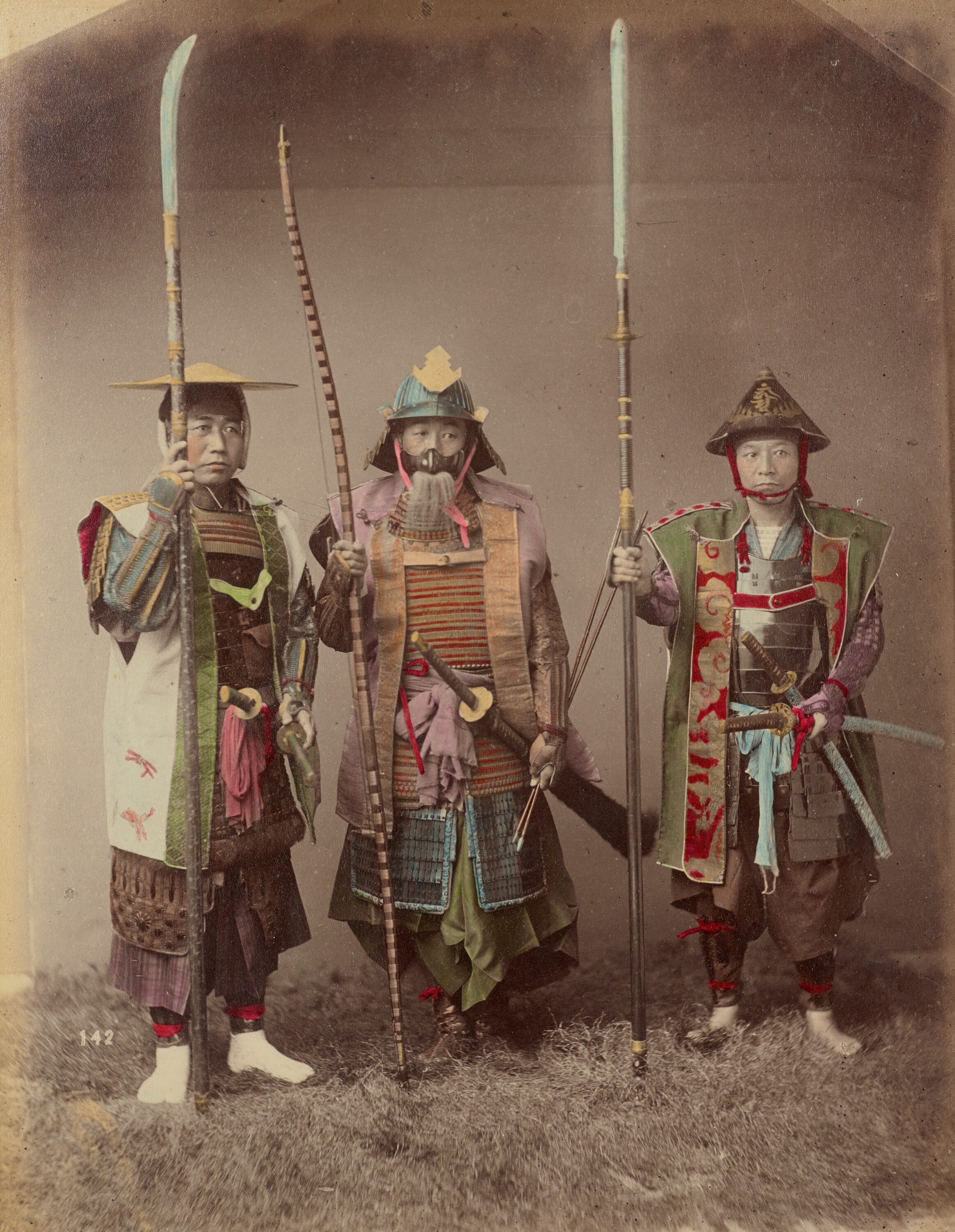
Kusakabe Kimbei, Samurai in Rüstung, 1870-1890, handkolorierter Albumindruck, 26.6 x 20.5 cm, The J. Paul Getty Museum
Lange vergessen, heute in der internationalen Forschung sehr präsent: Frühe Fotografien aus Japan. Die Kolorierung von Fotografien wurde häufig von Frauen ausgeführt.
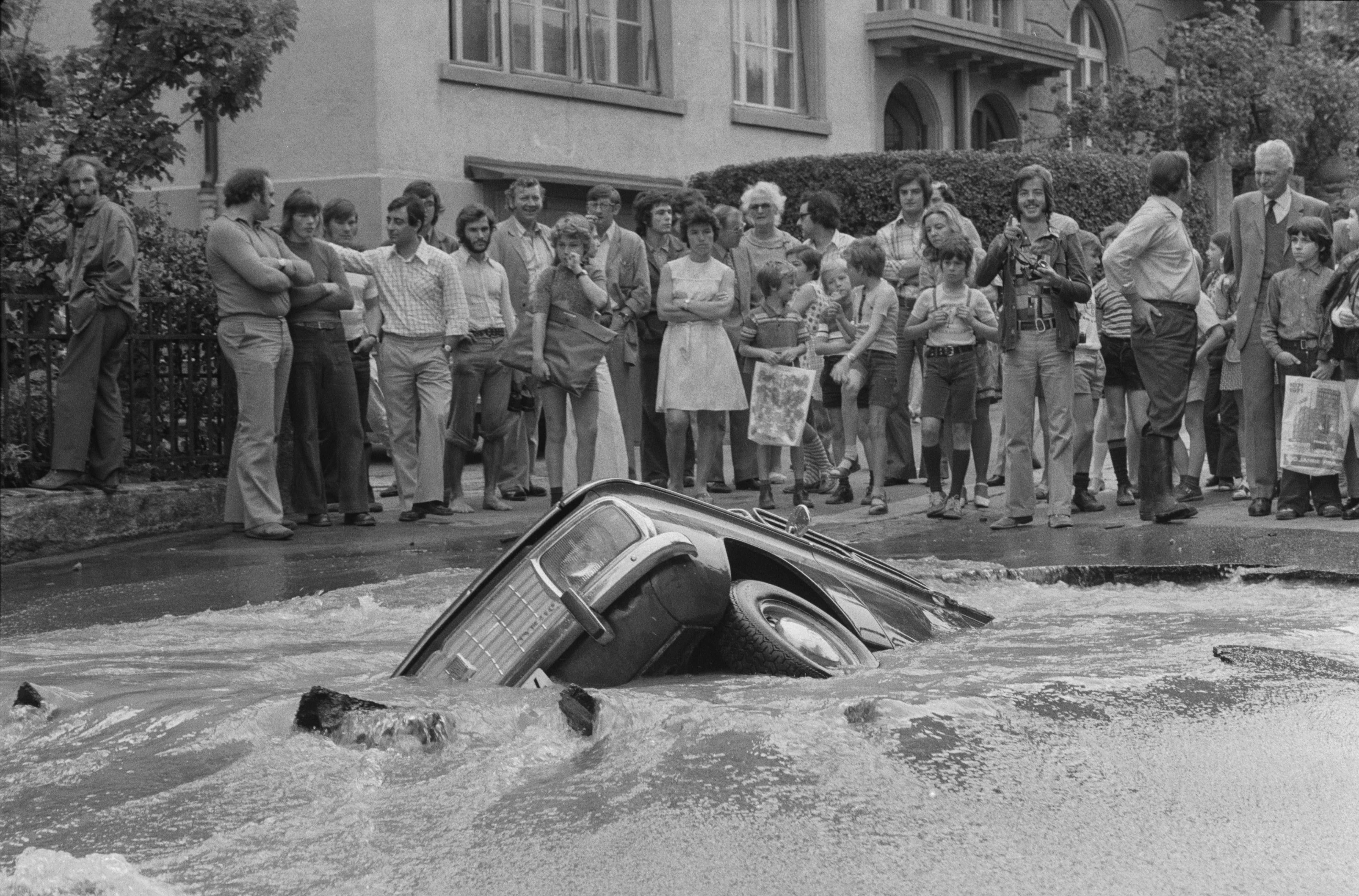
Reportagefotografie eines Wasserleitungsbruchs in Zürich-Oberstrass, ETH-Bibliothek Zürich, 1974, Bildarchiv / Fotograf: Comet Photo AG (Zürich)
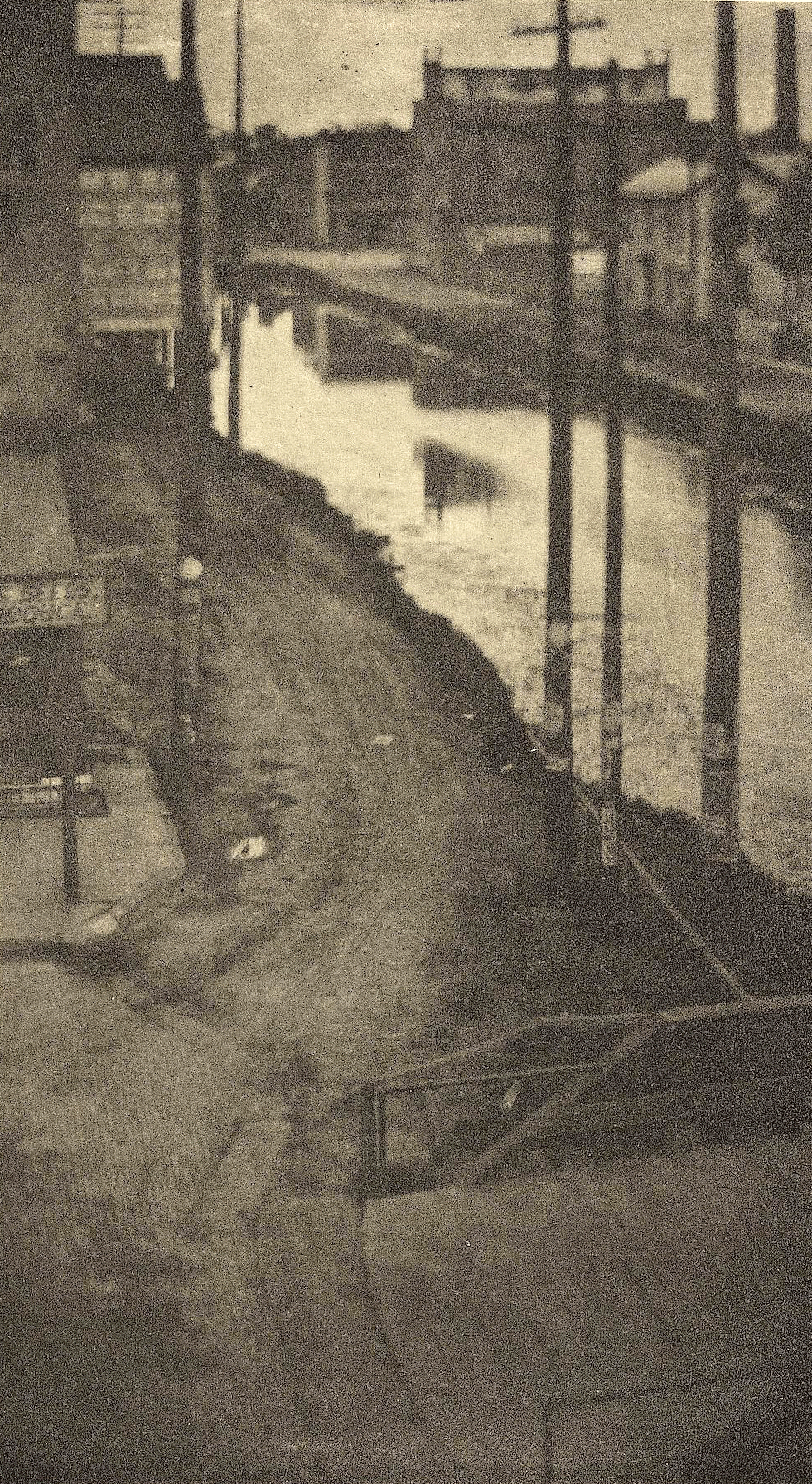
Clarence H. White, Telegraph Poles, Fotogravüre ab originalem Negativ, aus der Zeitschrift Camera Work: A Photographic Quarterly, 1903, Heft 3, Bild: Universitätsbibliothek Heidelberg
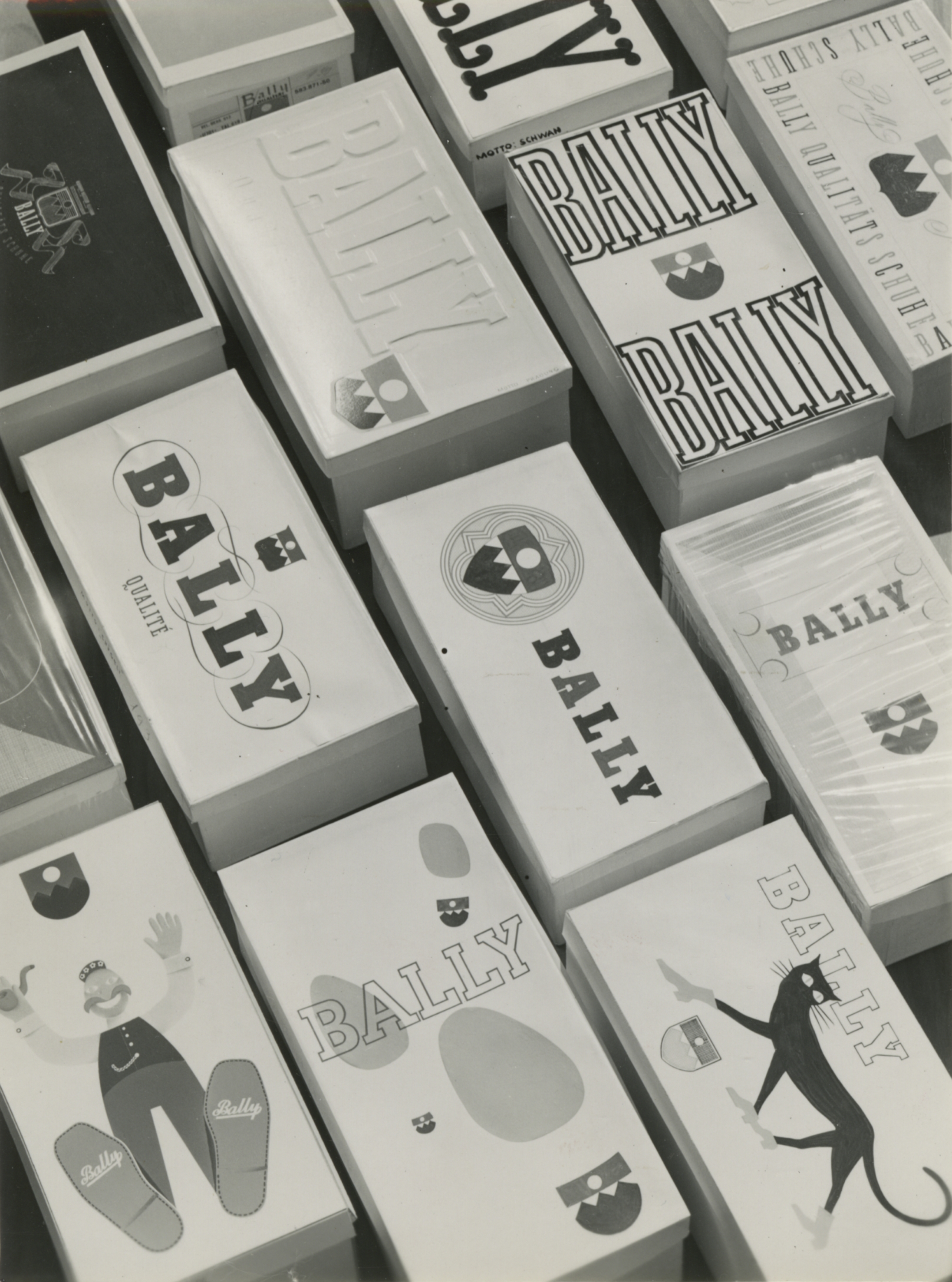
Leni Willimann-Thöni, Bally Schuhschachteln, 1937-41, Silbergelatineabzug, 114 x 85 mm, © Leni Willimann-Thöni / Fotostiftung Schweiz
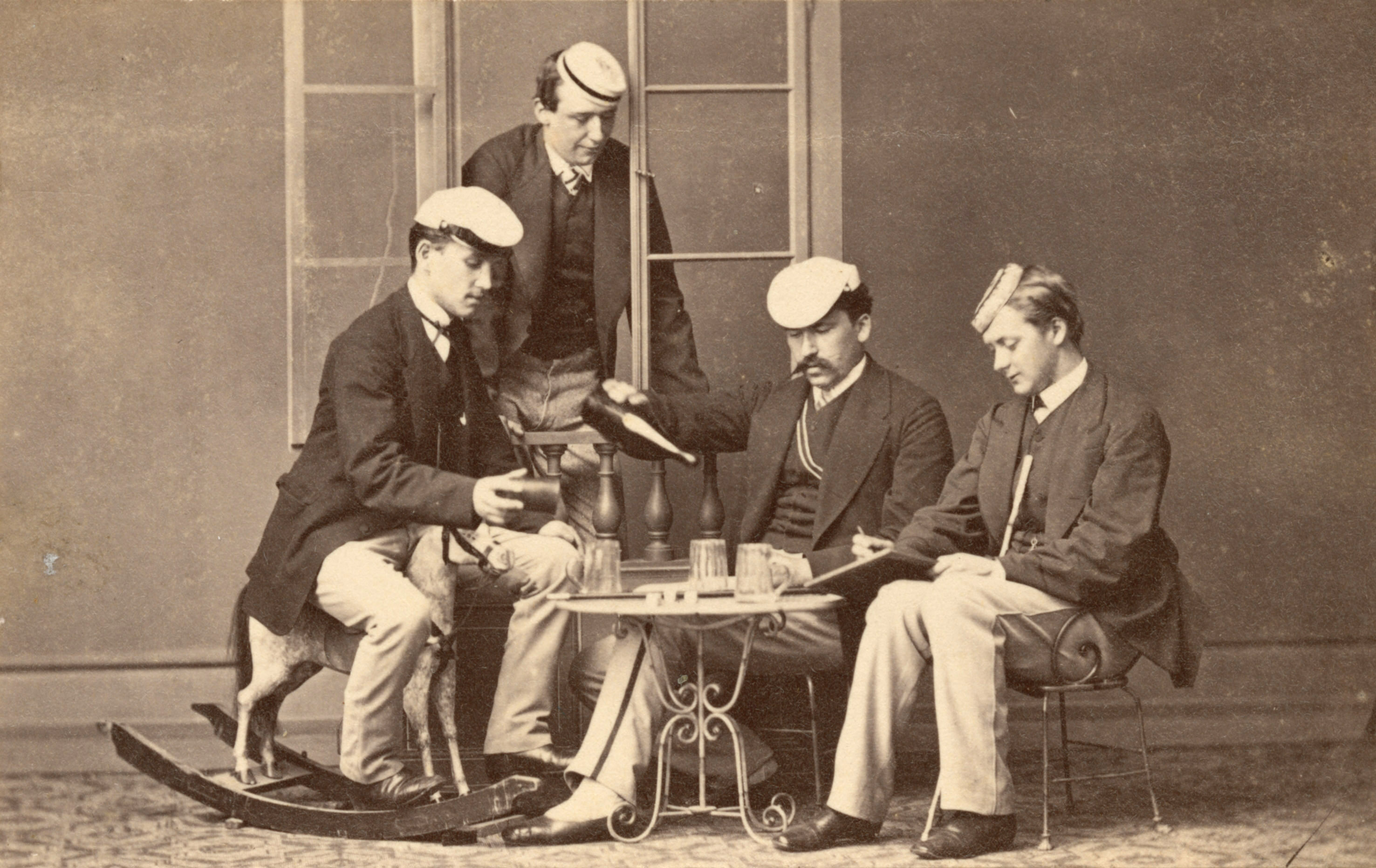
Anonym, Trinkende Männer im Studio, 1860er Jahre, Albuminpapierabzug, 54 x 86 mm, Sammlung Fotostiftung Schweiz
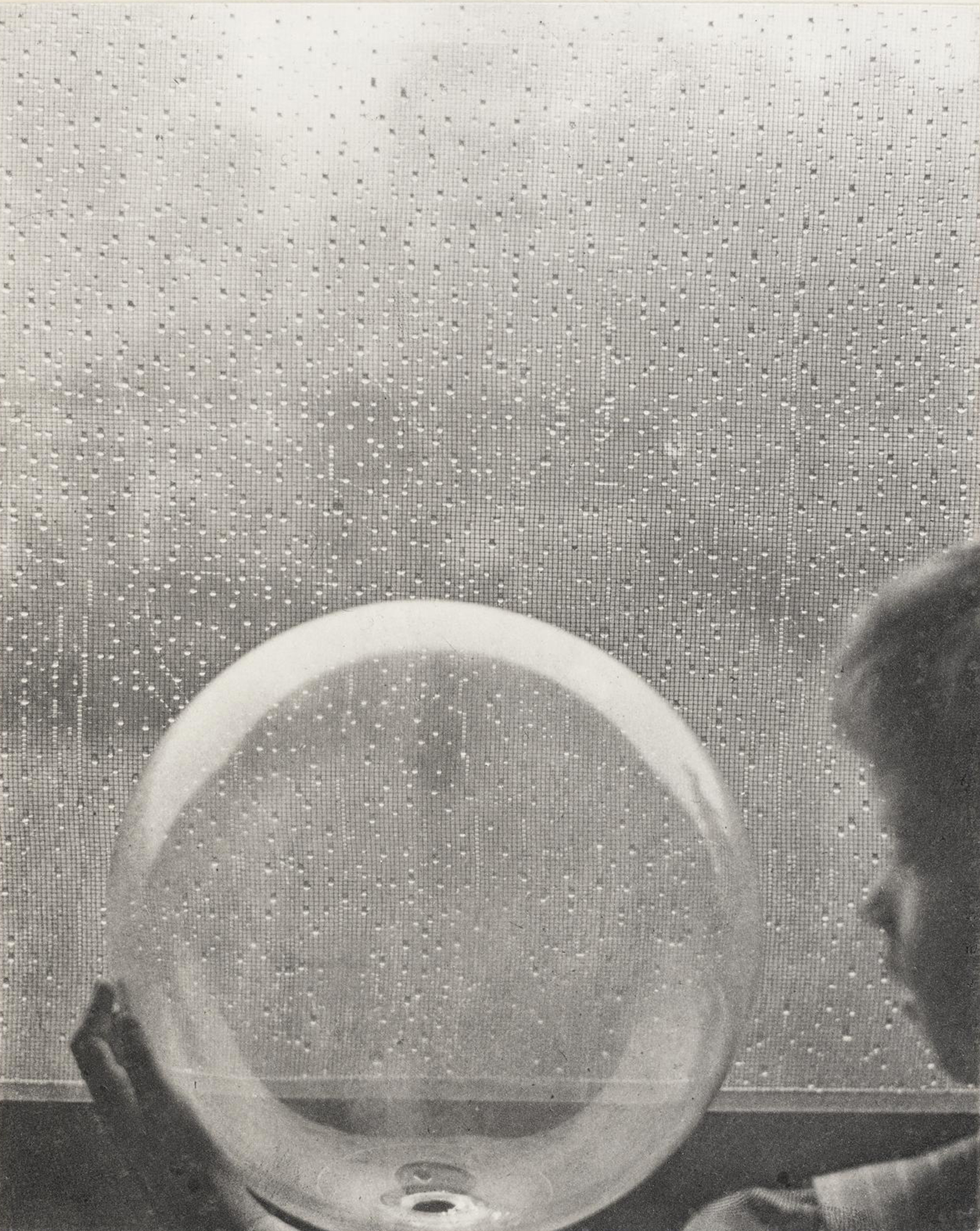
Clarence H. White, Drops of Rain, Fotogravüre ab originalem Negativ, aus der Zeitschrift Camera Work: A Photographic Quarterly, 1908, Heft 23, Bild: Universitätsbibliothek Heidelberg
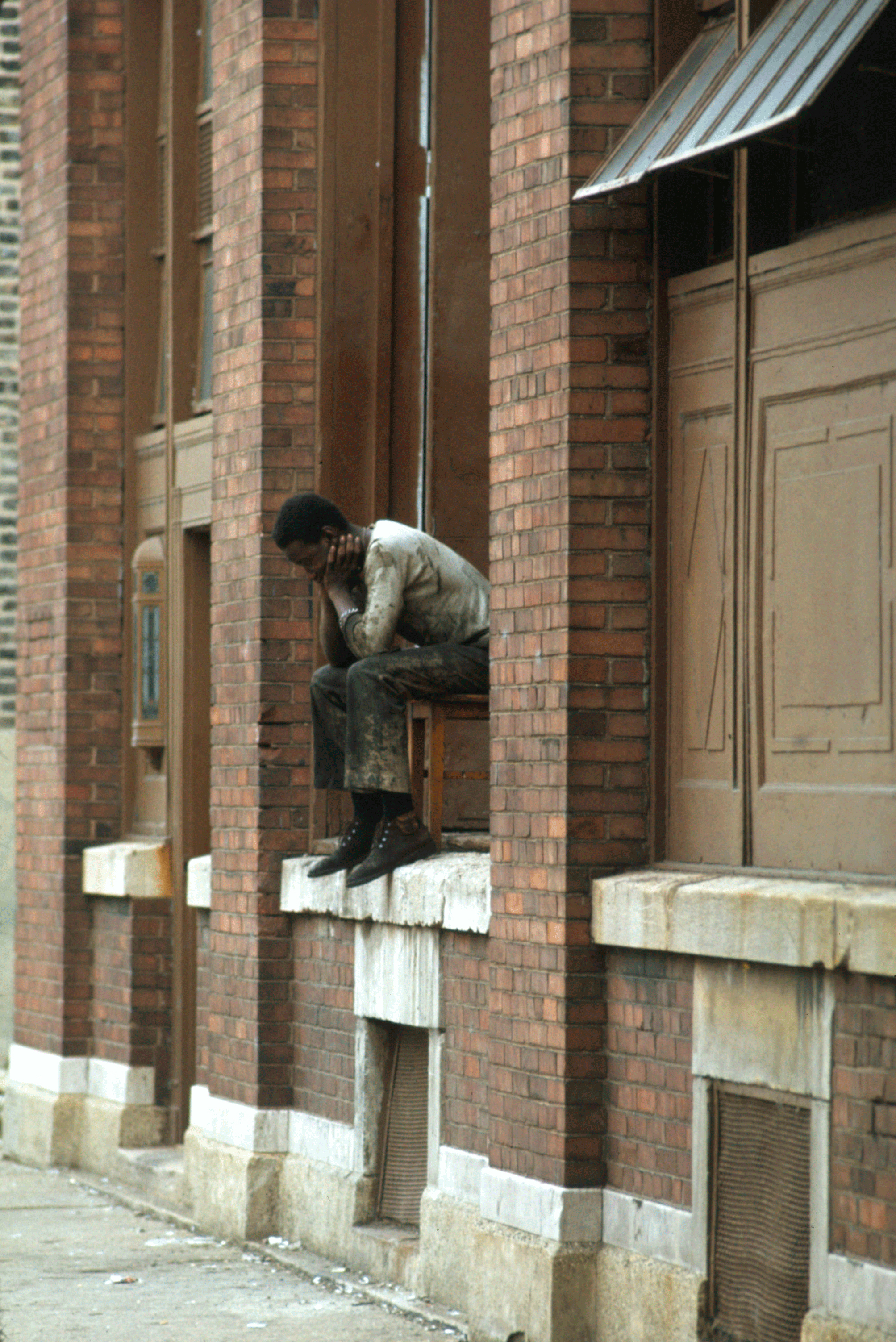
John H. White, Serie DOCUMERICA (1972-1977), 1973, Farbdia, National Archives Museum, Washington D.C.
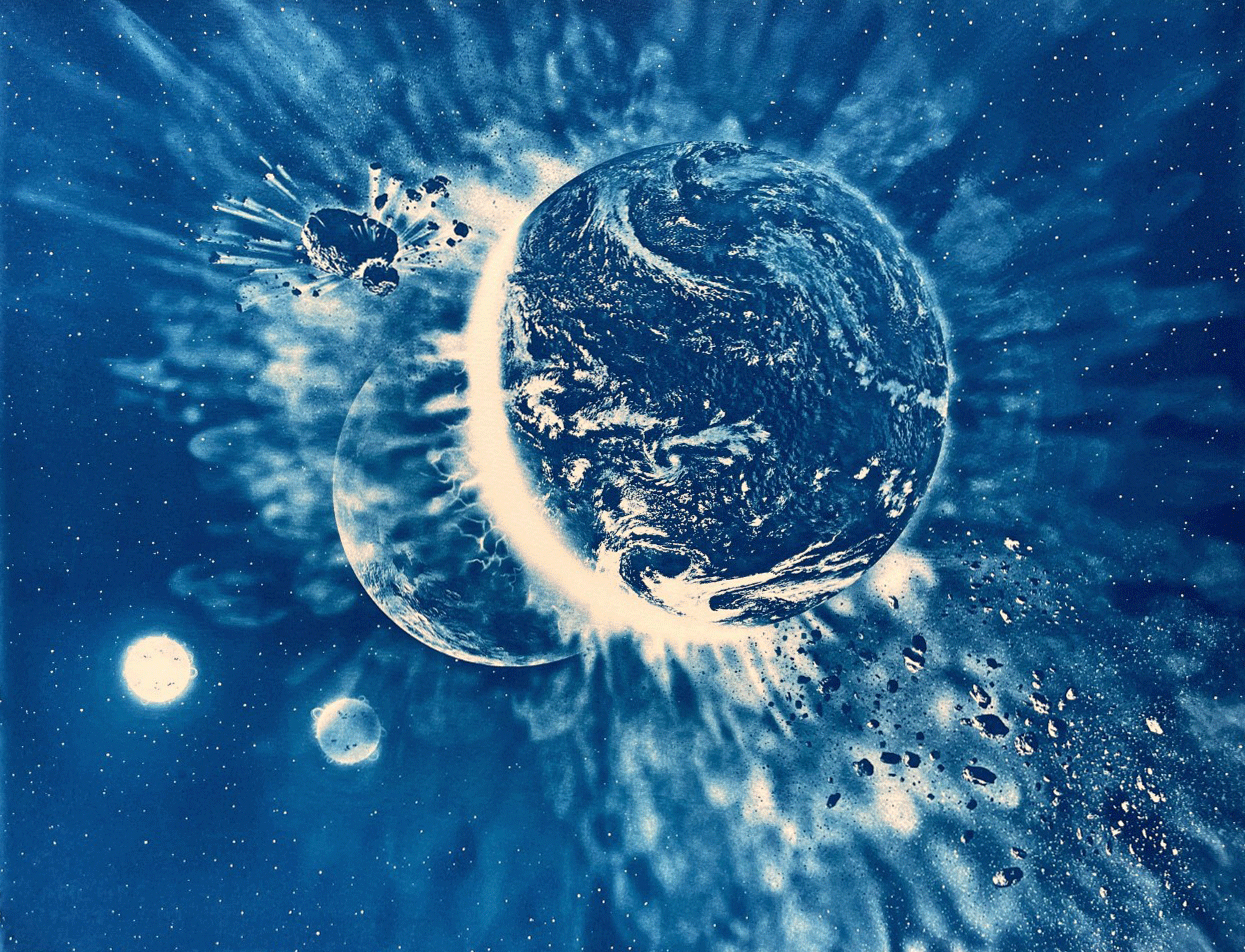
Daniela Keiser, 8. Cyanocosmos, Modell a, 2020, Cyanotypie, © Daniela Keiser
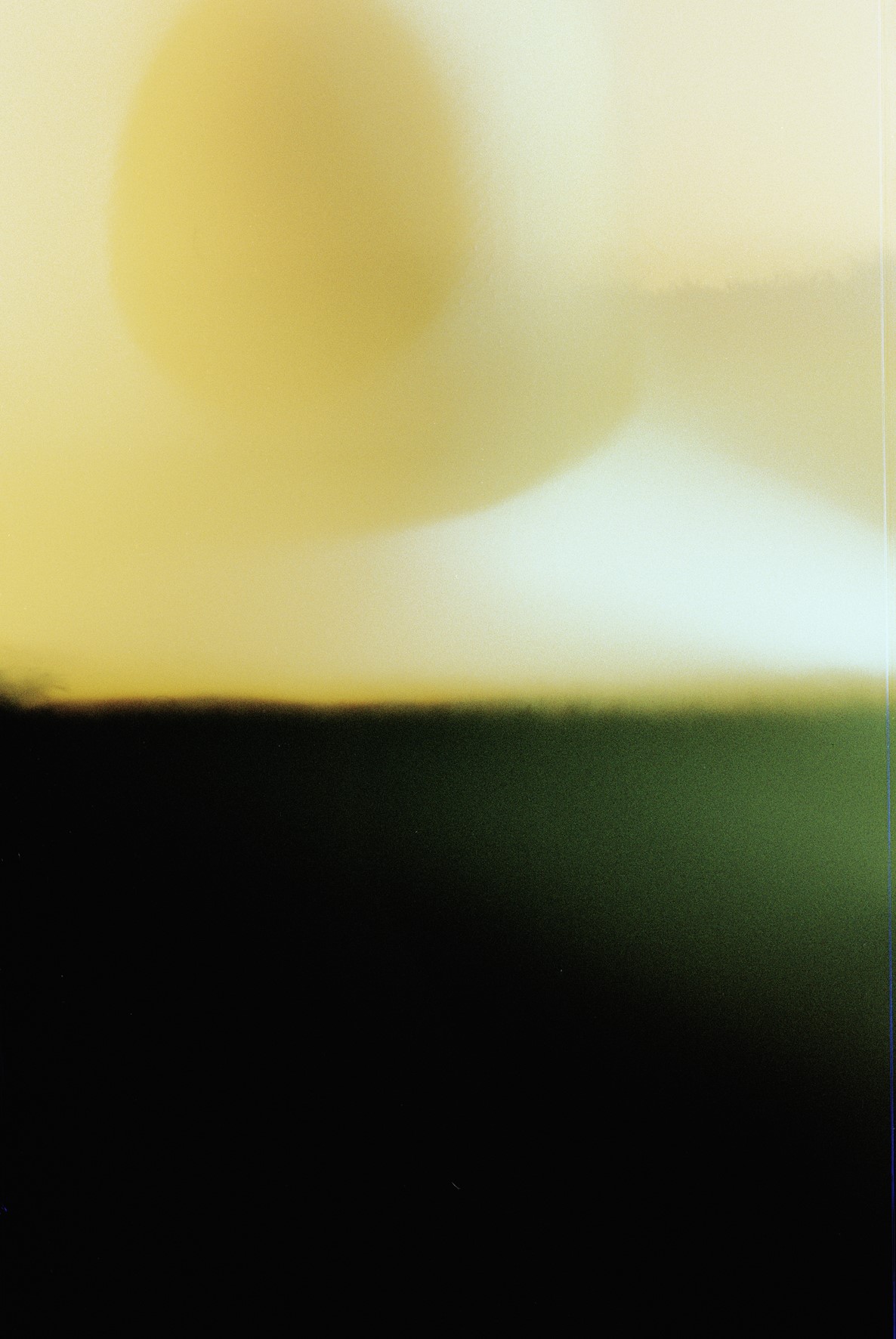
Regula Engeler, C08-01 [Abstract], 2019, Fotografie auf 35 mm Film, © Regula Engeler
"Fotografische Fehler", z.B. Doppelbelichtungen, Unschärfe, Über- oder Unterbelichtung, wurden vereinzelt bereits im 19. Jahrhundert als bewusste künstlerische Mittel eingesetzt.
Regula Engelers Fotografie, die durch einen zufälligen Lichteinfall infolge eines Kamerafehlers entstand, illustriert, wie solche vermeintlichen technische Missgeschicke zum erweiterten Verständnis des kreativen Potenzials des Mediums beitragen können. Dieses quasi vom Licht gezeichnete Bild inspirierte die Fotografin zu weiteren abstrakten künstlerischen Experimenten, in denen sie sich mit denjenigen Aspekten des Mediums Fotografie auseinandersetzt, die sich dem Zufall oder der Unvorhersehbarkeit zuordnen lassen.
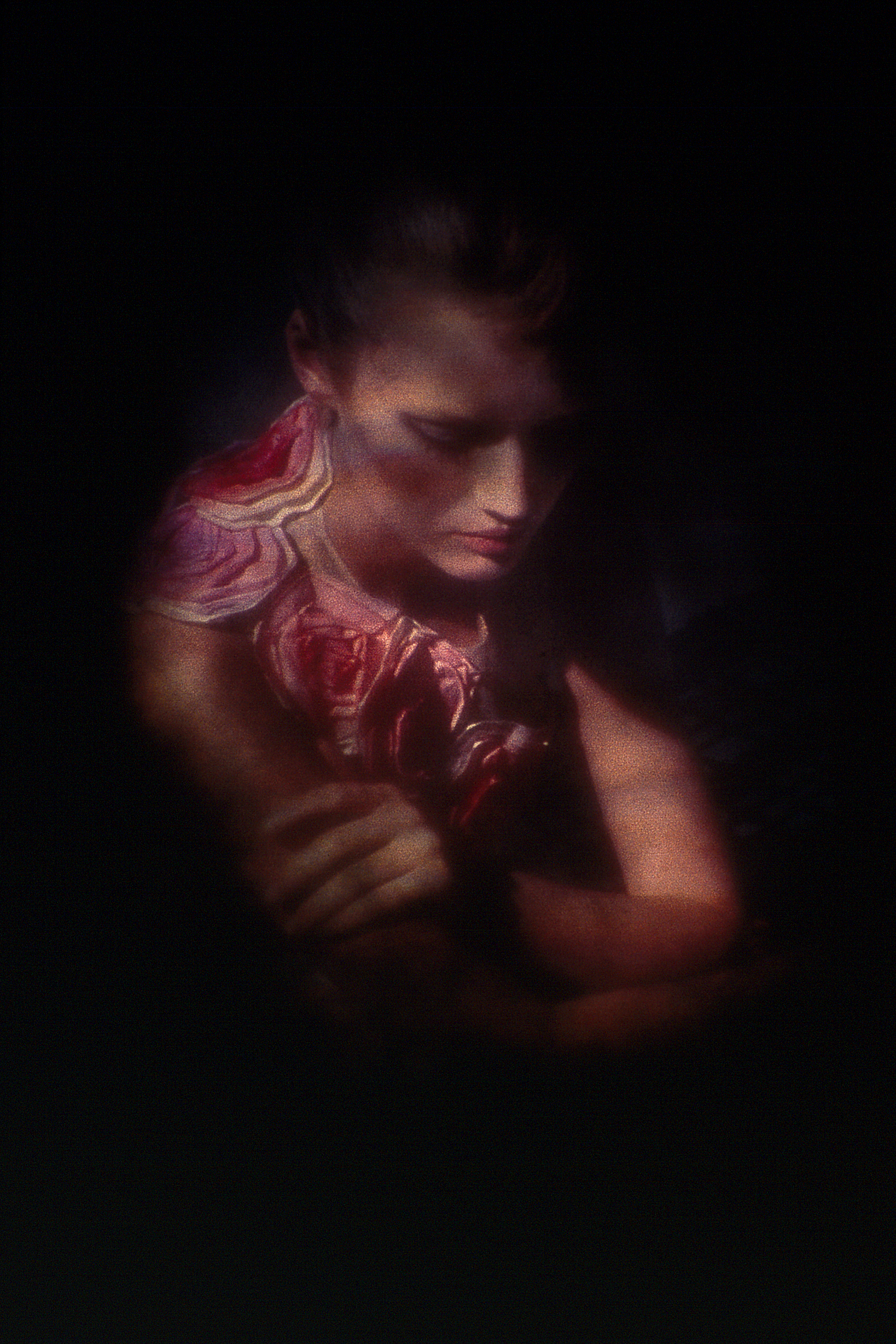
Die Werke des Schweizer Fotografen Romeo Vendrame oszillieren im Spannungsfeld zwischen analoger Manipulation und digitaler Reproduktion. Vendrame projiziert Dias aus dem eigenen Erfahrungsschatz auf eine Folie, bearbeitet das temporäre Lichtbild mit transluziden Materialien („vendramisieren“) und fotografiert deren Übersetzung oppositionell wieder ab.
Romeo Vendrame, MB, 2010, from the series the chemistry of attraction, Lambda print, between acrylic glasses, 118 x 80 cm, Edition of 2

Ueli Alder, Quelle (aus der Serie Field Notes, 2020-), 2020, Aerochrome Infrarot 4x5“ Slide-Film aus dem Jahr 1992, Cross entwickelt in C41 Farbfilm Chemie, © Ueli Alder.
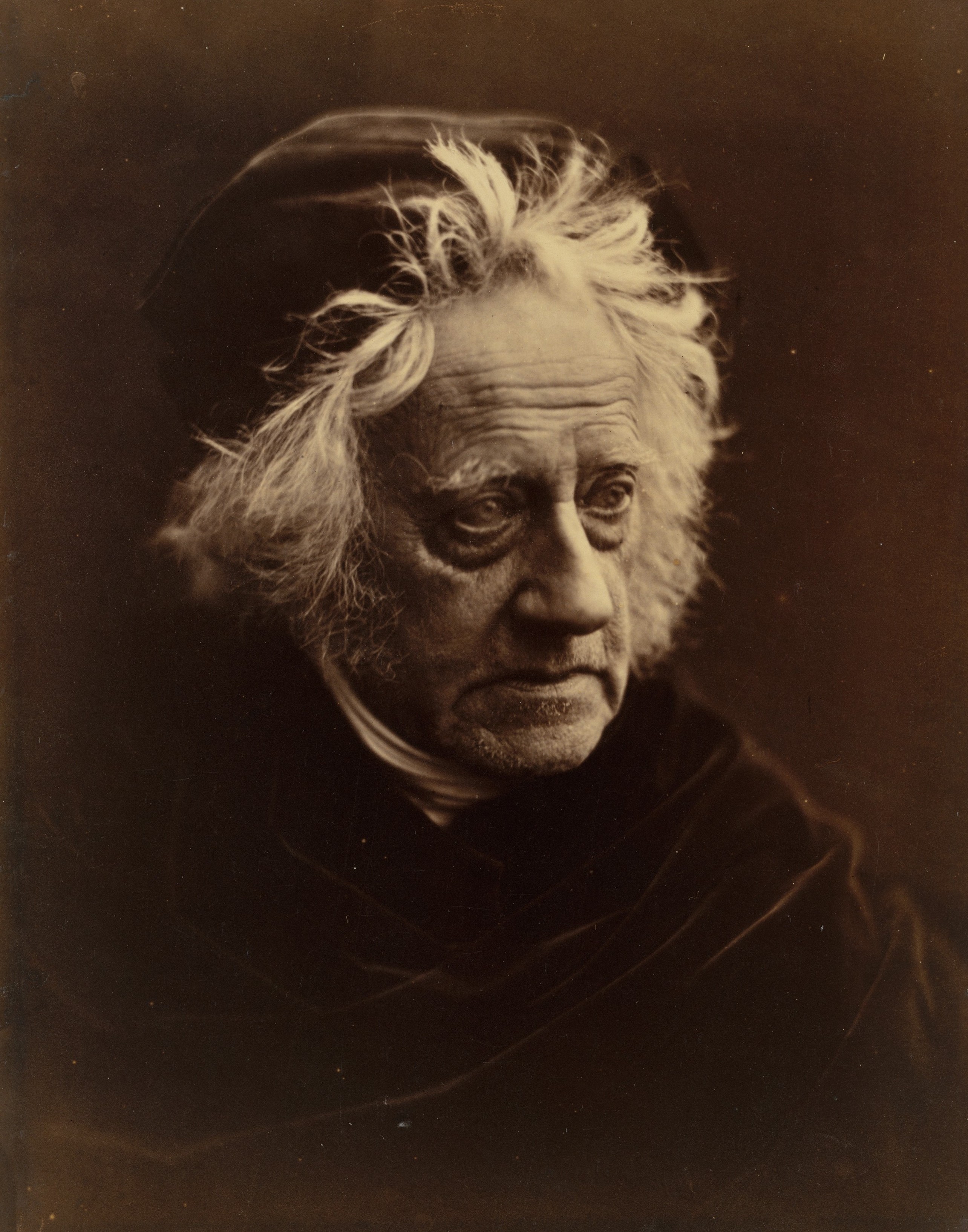
Julia Margaret Cameron, Sir John Herschel, 1867, Albumin-Silberdruck von Glasnegativ, 31.8 x 24.9 cm, Gilman Collection, Purchase, Robert Rosenkranz Gift, 2005, Metropolitan Museum of Art, New York
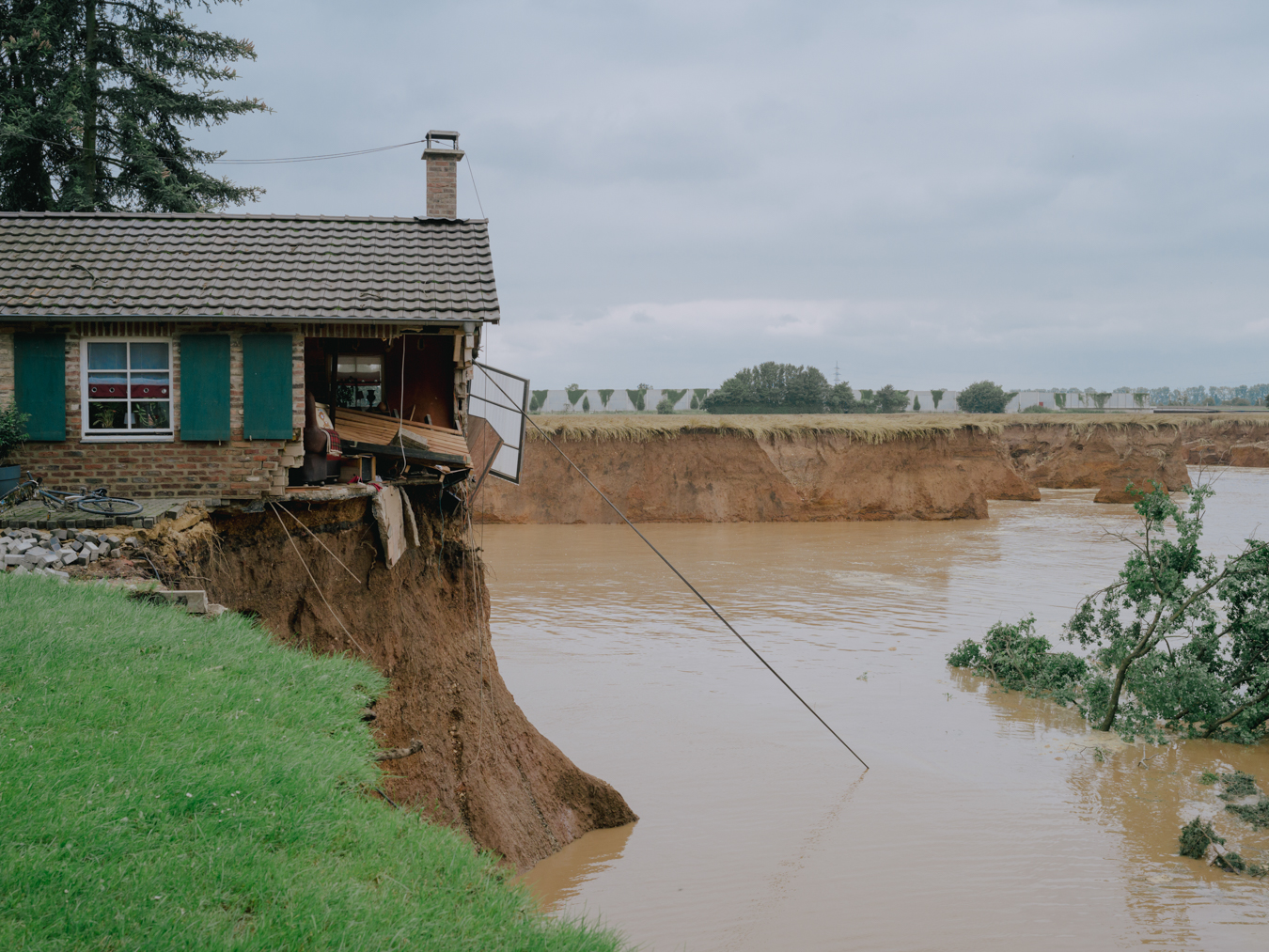
Fotografie der Flutkatastrophe in Erftstadt-Blessem, 16. Juli 2021, © DOCKS-Collective
Die Folgen der Klimakrise sind ohne Bilder nicht vermittelbar. Das ist eine wichtige Funktion der Pressefotografie.